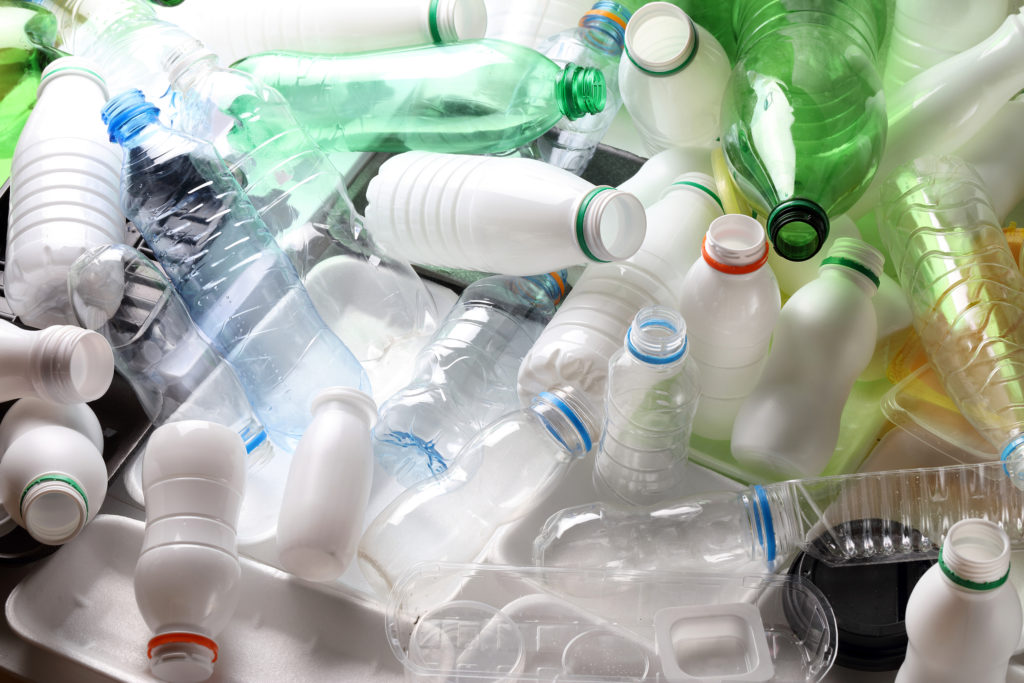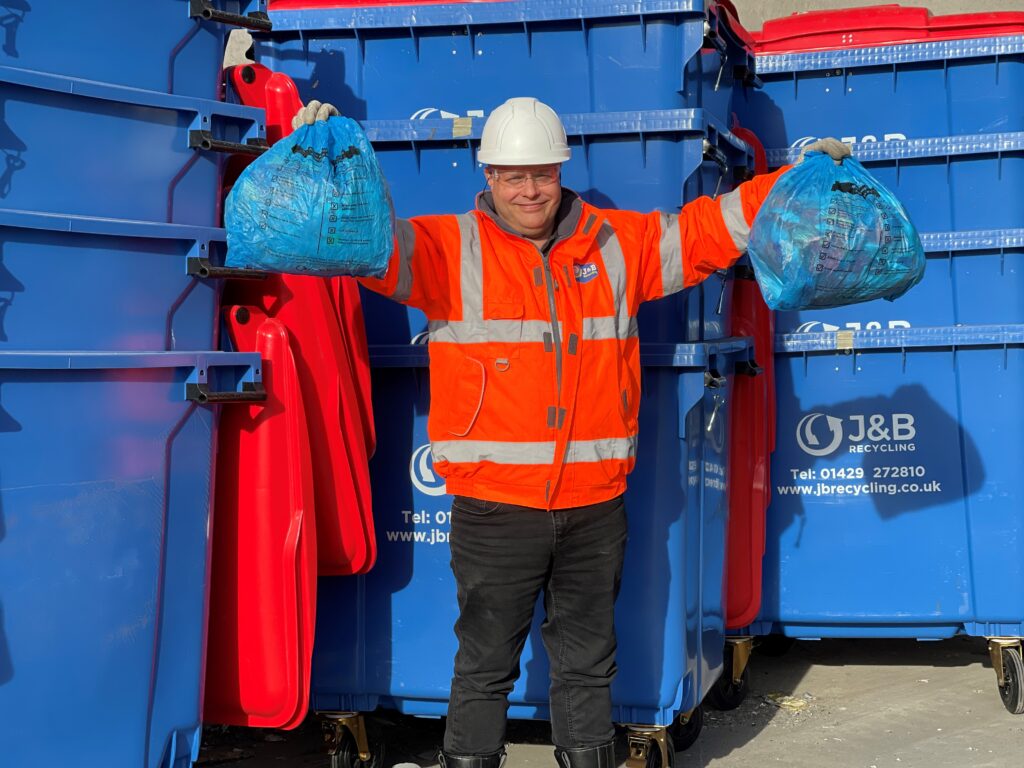The European Council of Ministers agreed a common position on the draft WEEE directive in June 2001. The WEEE directive sets recycling and recovery targets for electronic and electrical equipment and the European Parliament's Environment Committee has been considering the council's position during the last few weeks. In a final vote the committee passed 80 amendments to the council's position.
But some amendments had small majorities and it is unlikely that all the tabled amendments will get the votes needed for the full Parliament's second reading next week. The council will then look at what Parliament has agreed and if an agreement cannot be reached a conciliation process will start, which could take six months.
A spokeswomen for the European Parliament explained that whenever a committee's report goes to Parliament it gets slightly watered down because to push an amendment through Parliament needs 314 votes. She said that if it becomes apparent that one group is opposing a particular amendment, the Environment Committee will discuss it with them and try to reach a compromise. “It can take a lot of negotiating, but how much will become clearer next week. For example, the Greens will probably push some amendments to get producers to pay more.”
The Environment Committee said that it is determined to “toughen up” the directive which is aimed at tackling what it sees as the “escalating problem of electro-scrap”.
Penalty
The committee supported an amendment banning consumers from discarding electrical and electronic waste with household rubbish and set a collection target of 6kg of electro-scrap per head, per year, for each household. The committee wants to back this up with monitoring facilities and the possibility of penalties if consumers don't recycle. While some countries have said that it would be too complicated to charge consumers, Austria said that it is easy to do as they are already doing this. The committee said that the target must be achieved by December 31 2005. In comparison, the council set a voluntary target of only 4kg a year – this is a quarter of the average amount dumped by consumers each year.
One major issue is whether manufactures will have collective or individual responsibility for recycling end-of-life products. The committee has voted for individual responsibility, which means that individual companies will only pay for the recycling of their own end-of-life electronic equipment. This differs from the council's common position, which gives producers the choice of collective or individual schemes. The committee hopes that individual responsibility will encourage manufacturers to design eco-friendly products.
The committee has also included tighter revisions in product design improvements as since Parliament's first reading on the directive, companies have installed “clever chip” devices which prevent recycling, for example, ink jet cartridge manufacturers have introduced chips which prevent the cartridges from being re-used in printers. The chip works by triggering a termination device which burns out print heads rather than allowing them to be refilled.
Continued on page 2









Subscribe for free